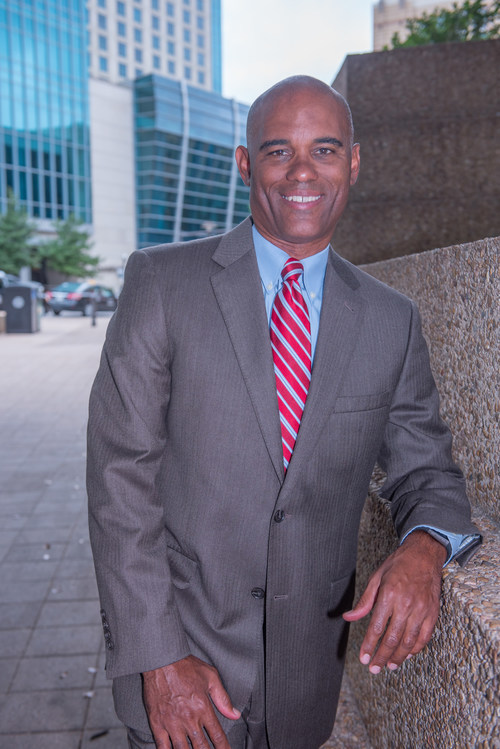
Thomas W. Mitchell, Texas Fellow and Professor and Co-Director of Program in Real Estate and Community Development Law at Texas A&M University, has served as principal drafter of the influential Uniform Partition of Heirs Property Act. Over the course of several decades, many disadvantaged families who owned property under the tenancy-in-common form of ownership—property these families often referred to as heirs’ property—have had their property forcibly sold as a result of court-ordered partition sales. The Uniform Partition of Heirs Property Act has been eneacted into law in several states and makes major changes to partition laws that had undergone little change since the 1800s and provides heirs’ property owners with significantly enhanced property rights. As a result, many more heirs’ property owners should be able to maintain ownership of their property or at least the wealth associated with it.
Read more here.
